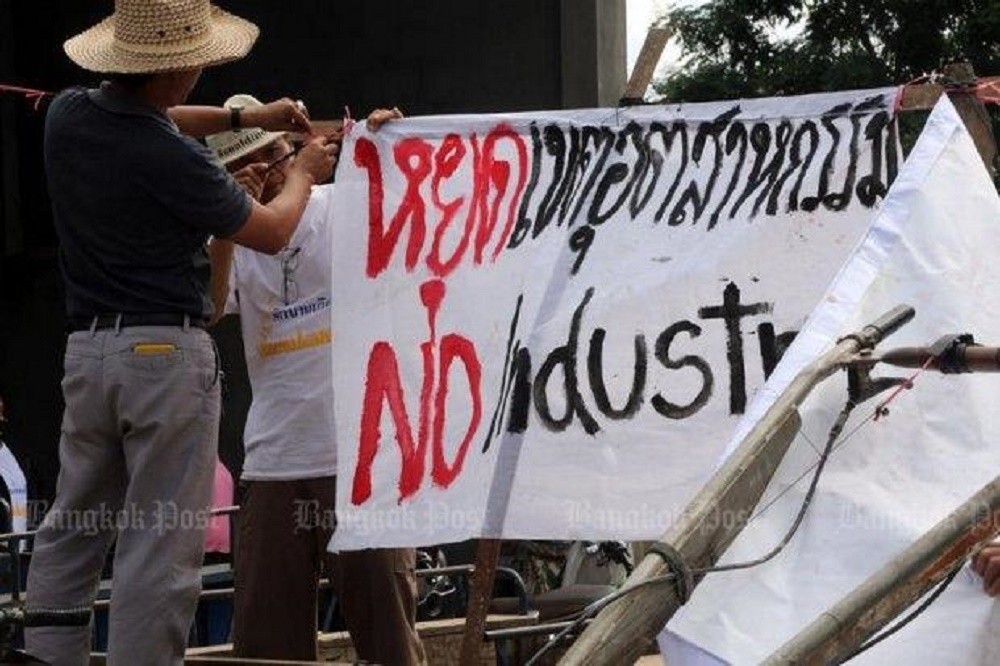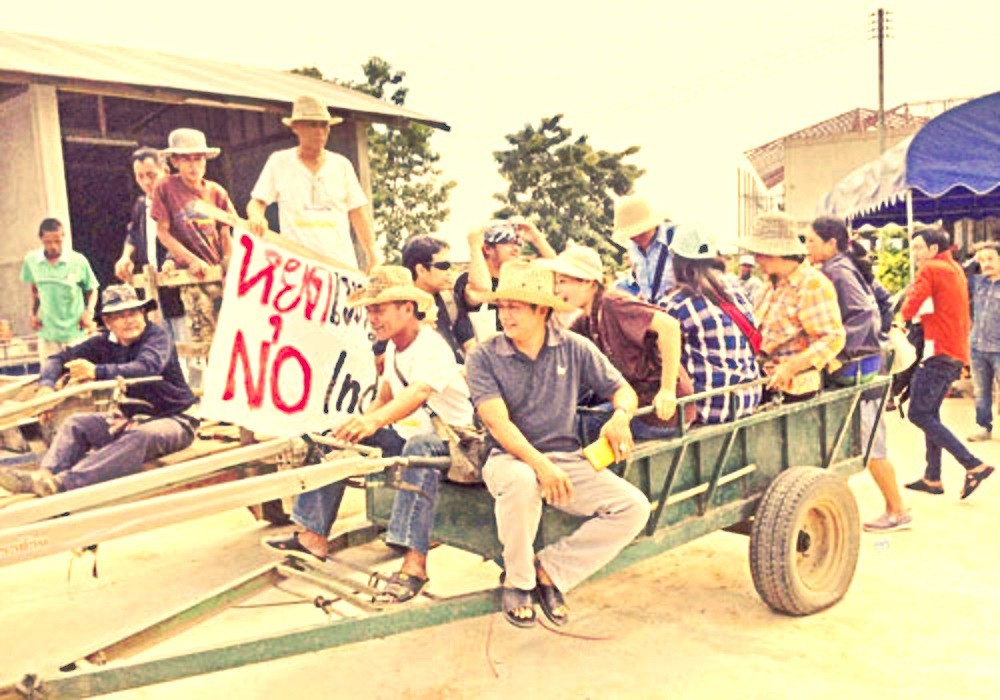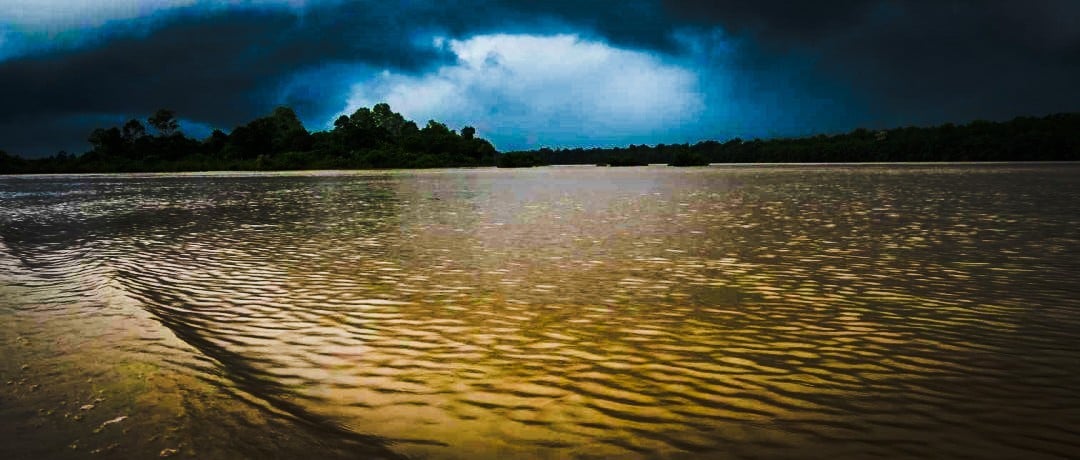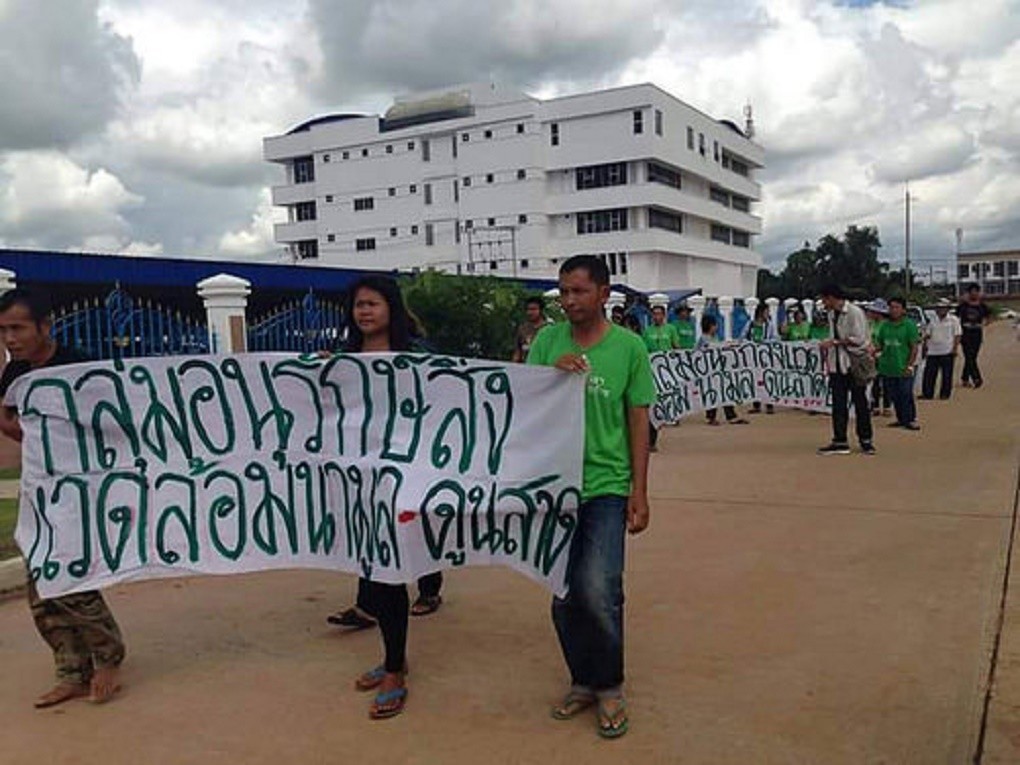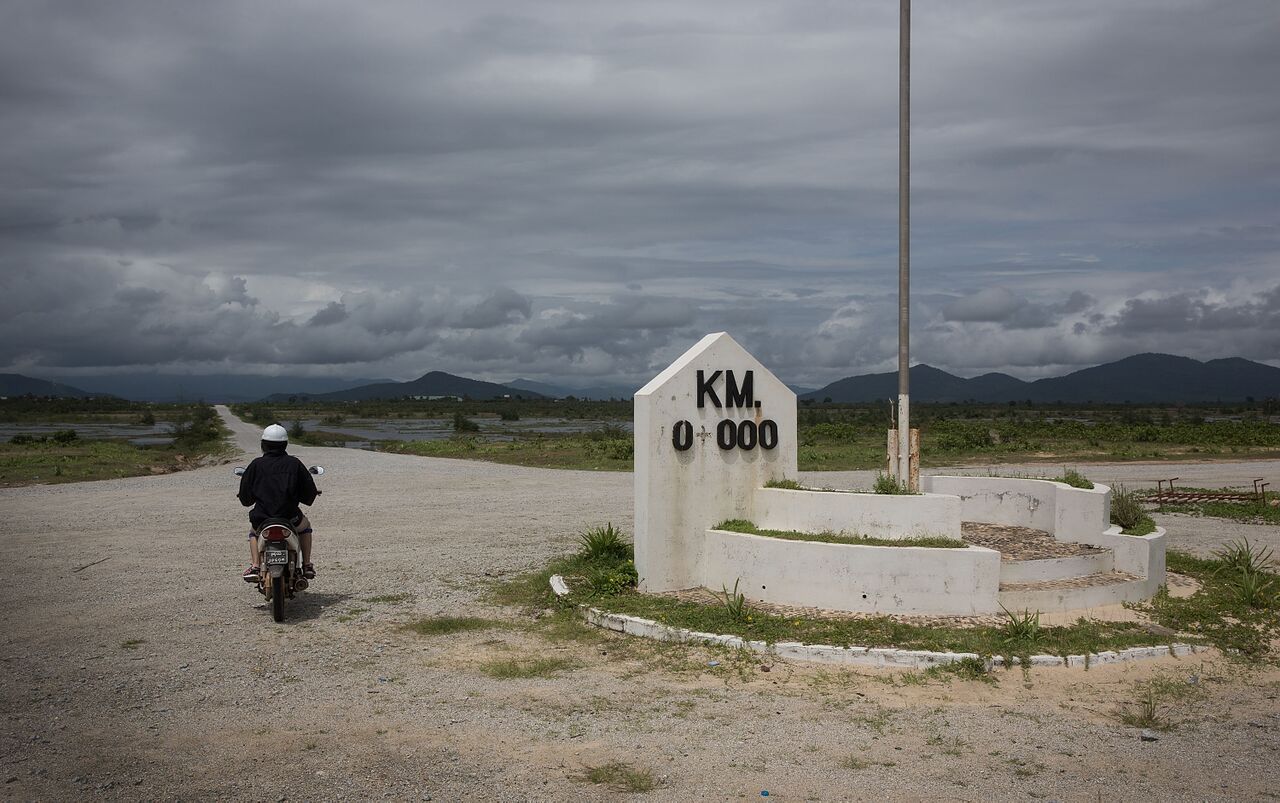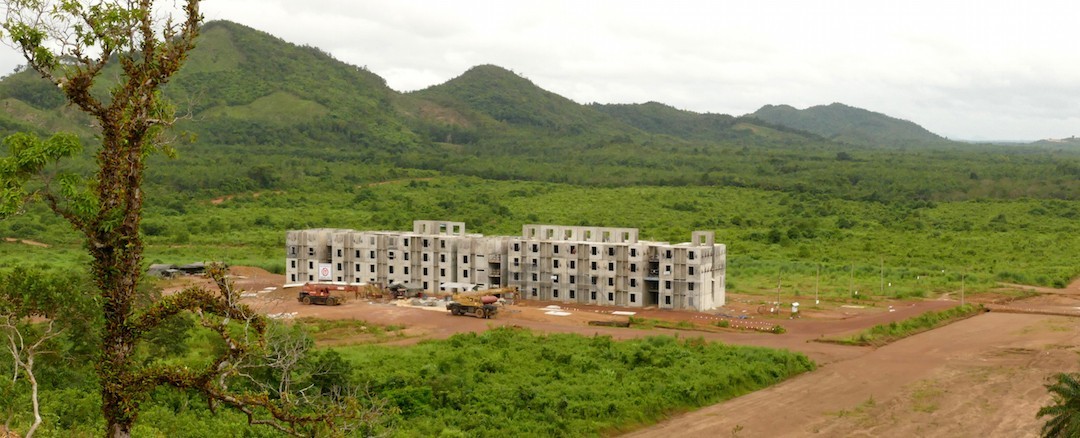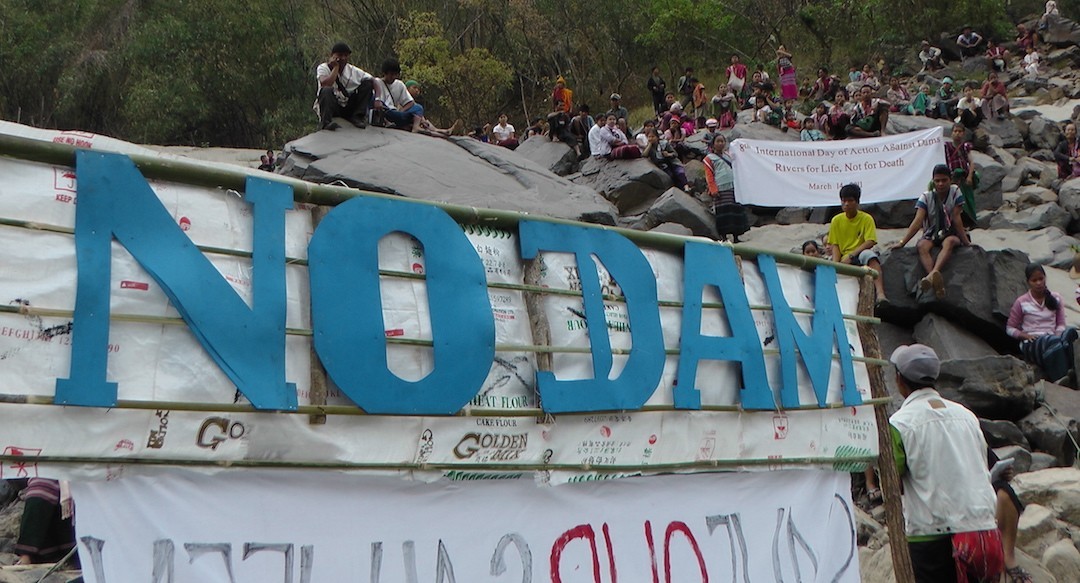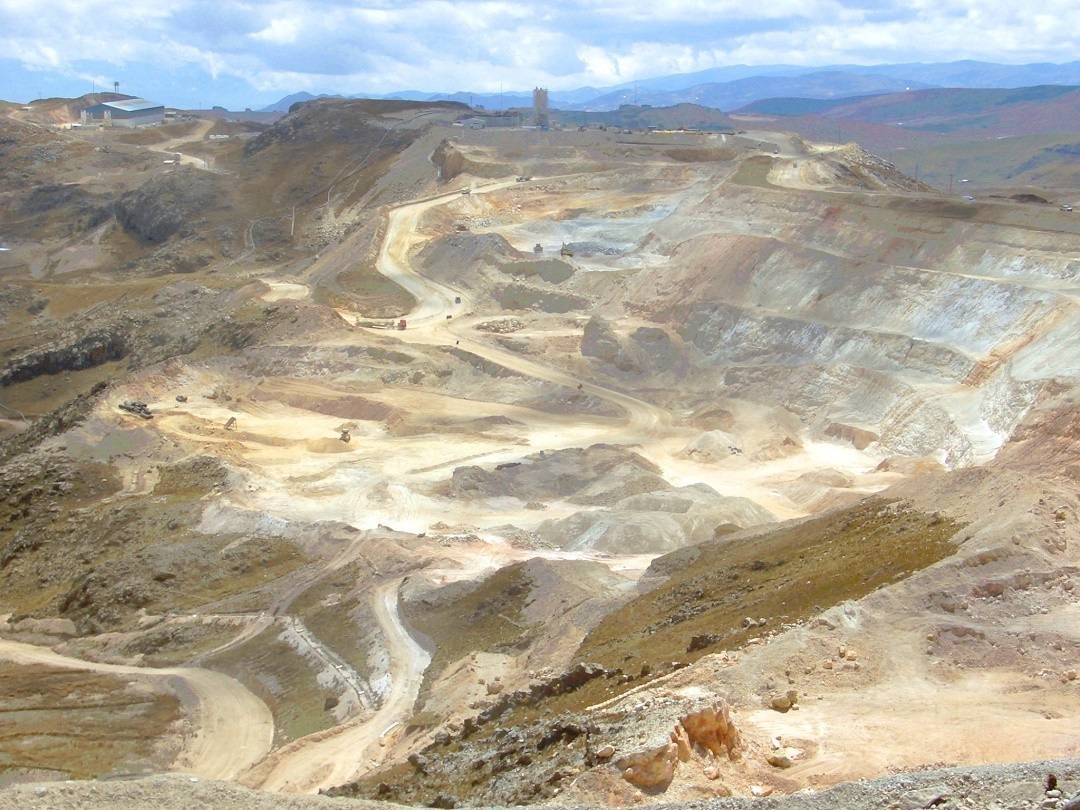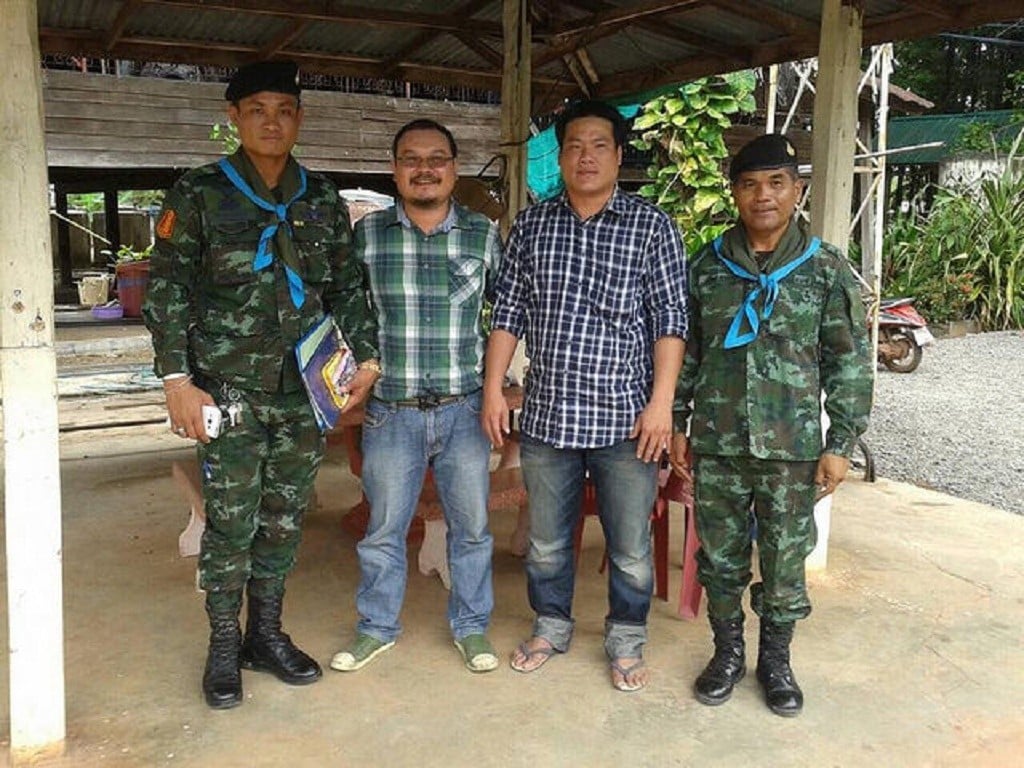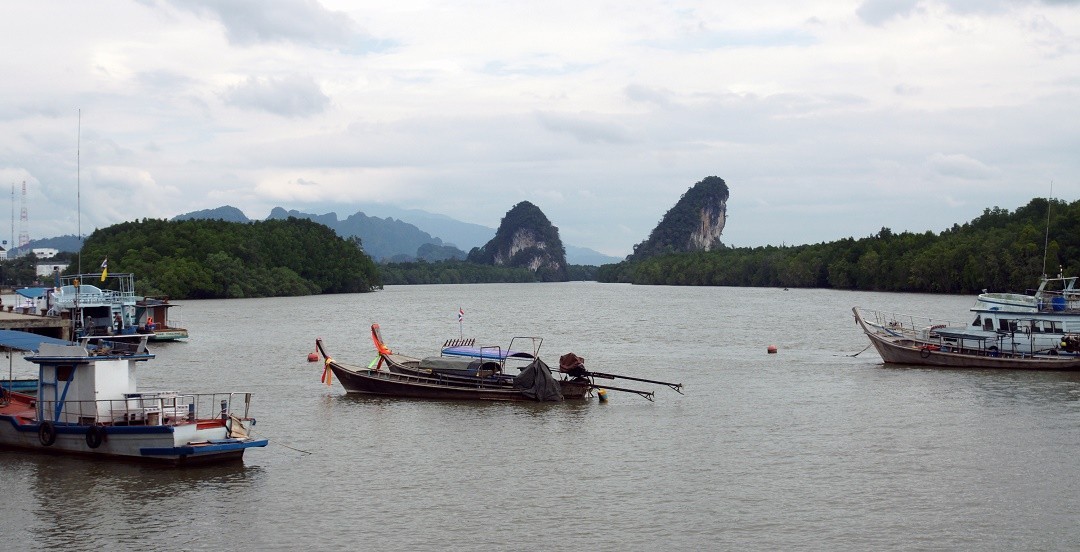Farmland at this time of the year — the beginning of harvesting season — was once filled with produce waiting to be harvested.
But since the government announced the Special Economic Zone (SEZ) in Tak earlier this year, Mr Sombat said farmers such as himself have been afraid to invest in farming as they have no idea if they will have to leave their land.


